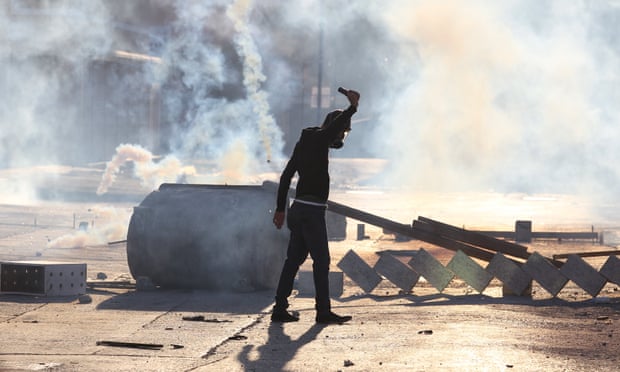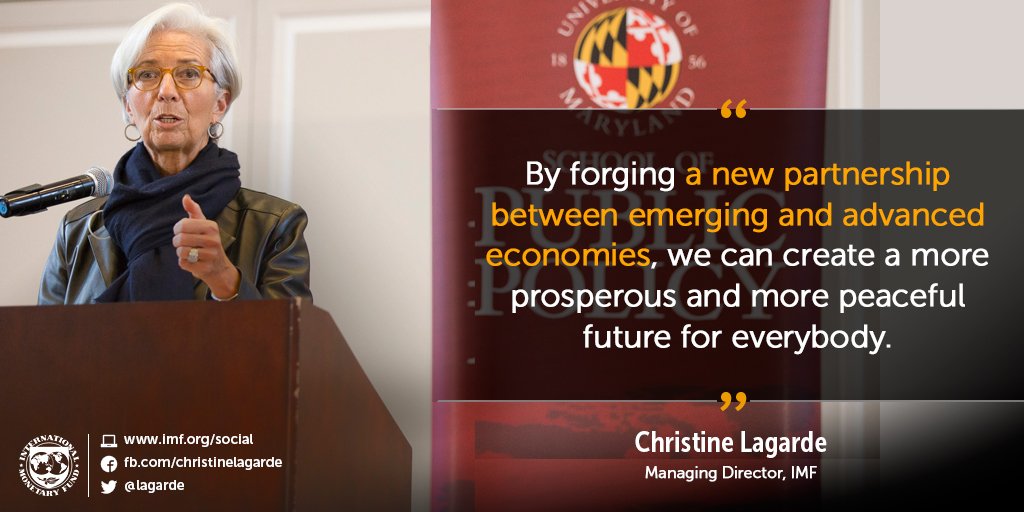The Syrian Endgame, “A Lost War is Dangerous”. US-NATO, Saudi Arabia, Turkey, “Losers on The Rampage”
How a war is lost is a serious and dangerous business. After Henry Kissinger helped sabotage the 1968 Paris peace talks, for domestic political reasons, the War in Vietnam raged for another seven years. In the end Washington’s loss was more humiliating, and millions more lives were destroyed.
The Geneva process over Syria is in many respects different, because it is a charade. The NATO and Gulf monarchy sponsors pretend to support Syrian ‘opposition’ groups and pretend to fight the same extremist groups they created.
Yet the dangers are very real because the Saudis and Turkey might react unpredictably, faced with the failure of their five year project to carve up Syria. Both countries have threatened to invade Syria, to defend their ‘assets’ from inevitable defeat from the powerful alliance Syria has forged with Russia, Iran, Iraq and the better party of Lebanon.
It should be clear by now that every single anti-government armed group in Syria has been created by Washington and its allies. Several senior US officials have admitted the fact. Regime change has always been the goal. Nevertheless, the charade of a ‘War on ISIS’ goes on, with a compliant western media unwilling to point out that ‘the emperor has no clothes’.
Geneva 3 has actually brought some results. First, none of the NATO-backed ‘opposition’ groups managed to show a credible face. Second, and more importantly, the US and Russia kept talking and actually developed another de-escalation plan. It is not conclusive but it is encouraging.
The ‘moderate rebel’ masks are down, we now know who they are: the internationally proscribed terrorist group Jabhat al Nusra (al Qaeda in Syria) and its long term Salafist allies Jaysh al Islam (the Army of Islam) and Ahrar as Sham. The latter two are the remnants of the Syrian Salafist groups. In northern Syria they are also welded together by Turkey and the Saudis into the very non-moderate-sounding Jaysh al Fatah (the Army of Conquest).
These extremist groups represent very few in Syria, as MINT Press journalist Mnar Muhawesh pointed out in her editorial piece ‘The Syrian Opposition’s NATO Sponsored Apocalyptic Vision For Syria’: In ideology they are no different to ISIS.
It may be stating the obvious to say that al Qaeda groups have poor negotiating skills. In any event, they proved it in Geneva. Losing on the battlefield they demanded capitulation in Geneva, then stormed out.
Foreign backed terrorists aside, who are the real Syrian opposition?
Firstly, they are the groups that created the 2005 Damascus Declaration but who sided with the state and the army in early 2011, when the Salafist insurrection hijacked the reform demonstrations.
Some of them like Haytham Manna and former minister Qadri Jamil appeared in Geneva. Others like the powerful Syrian Social National Party (SSNP) backed Bashar al Assad’s government, back in 2011.
Still others sat on the sidelines, frustrated at the Muslim Brotherhood’s violent hijacking of the reform movement. Sharmine Narwani’s piece at RT ‘Will Geneva talks lead right back to Assad’s 2011 reforms?’illustrates this very well. As the Damascus Declaration made plain, most of the Syrian opposition rejected both foreign sponsorship and violent attacks on the state.
Second are the Syrian Kurds, who were open to foreign assistance but rejected attacks on the Syrian Army and state. They have received most of their arms from Damascus. Prefering to side with the Syrian Army than the Salafists, their presence in Geneva was not tolerated by Erdogan or his clients.
That left Russia and the USA to discuss their supposed common goals (destroying terrorists) while Erdogan and the Saudis seethed. The aims of the two big powers are worlds apart. Hat difference is seen in the loss of Washington’s proxies in Syria in face of the rise of the 4+1 (Russia, Syria, Iran, Iraq and Hezbollah).
That shift, in turn, threatens to derail the Bush plan for a ‘New Middle East’. The US wanted to control the entire region, now it faces losing it all.
Russia for its part has pursued its own interests in the region, backing its allies in accordance with international law. Its use of air power in Syria followed the Syria-Iran-Iraq-Hezbollah accord on ground power forces. That is the force currently prevailing on Syrian soil.
The good news is that, despite these widely differing aims, Washington and Moscow have kept talking and managed a provisional agreement at Geneva, with three heads.
The first agreement is over humanitarian aid, which faces serious obstacles due to the series of sieges taking place. Some of these are al Qaeda groups’ sieges, such as that on Foua and Kafraya in the north; but increasingly they are becoming Syrian Army sieges on al Qaeda fighters who hole up in towns and cities, such as Madaya and Eastern Aleppo. Most ground aid is going in through the Government-supervised Syria Arab Red Crescent, but air drops are being organised for Deir eZorr, and some other places.
Second, there is a political process which (it has been agreed) must be exclusively between Syrians, unconditional and inclusive. Contrary to many outside reports, there is not yet any framework for this, nor plans for early elections. The Syrian position, backed by Russia, is that the Syrian constitution (and the legally mandated schedule of elections) prevails until the Syrian people vote to change it.
Finally the agreement on ‘cessation of hostilities’, due almost immediately, has a task force to oversee the details. This ceasefire does not apply to any group identified by the UN Security Council as a terrorist group. That immediately rules out ISIS or Jabhat al Nusra. The major obstacle here is that Russia wants Jaysh al Islam and Ahrar as Sham (which have both collaborated with al Nusra for many years) added to the UNSC list. If Washington agrees to this, they will virtually abandon their ‘moderate rebel’ option. There is no other force of substance on the ground. The Saudis and Erdogan would be furious.
How will the US manage these tensions? The Obama administration has always approached the Syrian conflict in an arms-length way, reminiscent of the CIA’s ‘plausible deniability’ over its death squads in Latin America. But credibility problems have grown and Washington does seem more concerned at finding a way out rather than risking a new desperate gambit. That would certainly lead to serious escalation, and without any guarantee of success.
Would Washington allow Erdogan and the Saudis to initiate a major escalation, without US approval? I think not. Obama resisted Saudi and Israeli provocations, when the Iran deal was imminent. Even Bush could not be provoked into a confrontation with Russia, when invited by Georgia’s Mikheil Saakashvili.
For its part, Russia is well prepared for a provocation across the Turkish border. Logic suggests that the losers must lose. But this is a dangerous time.













